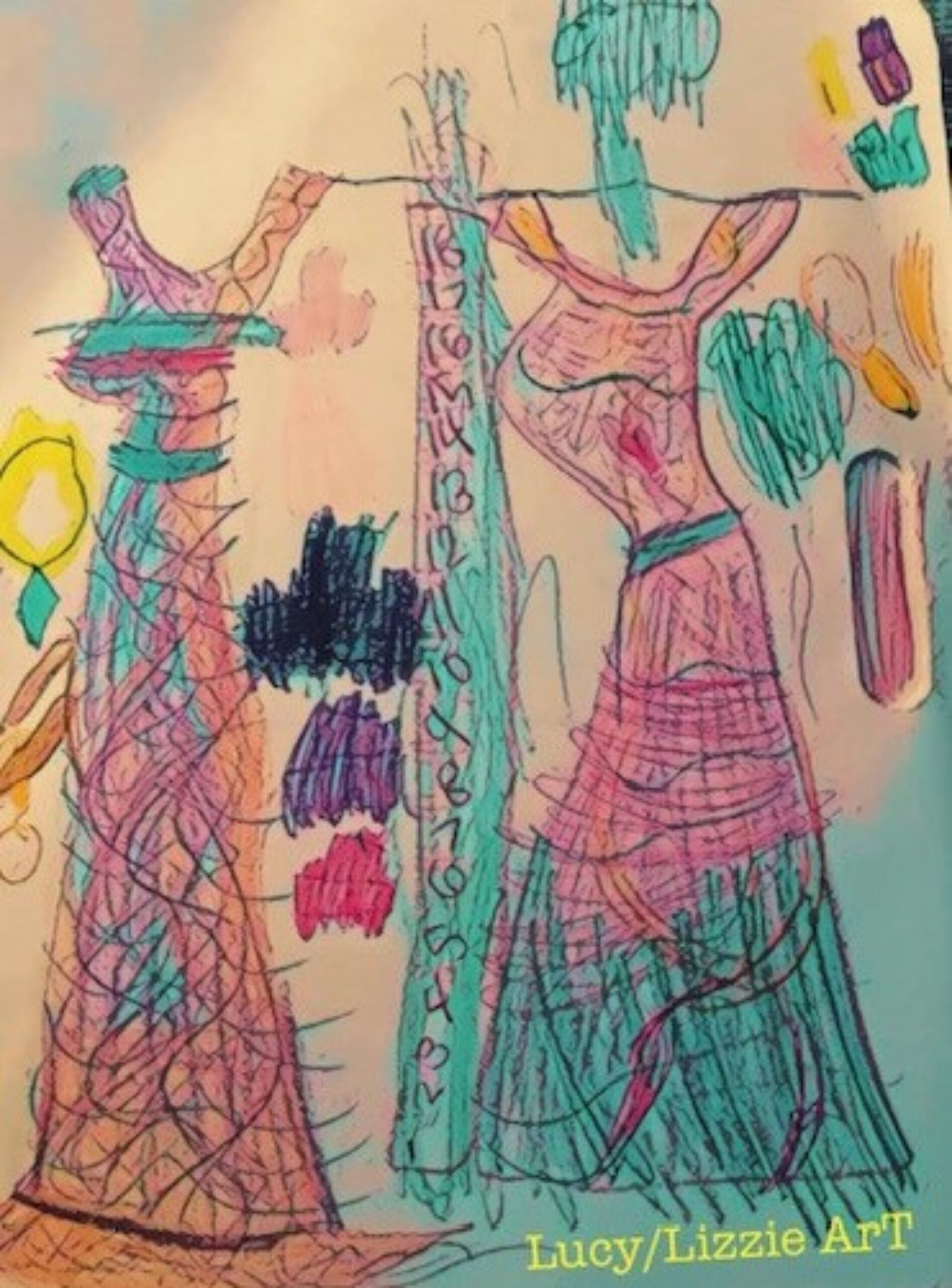When a parent finds out the diagnosis is Autism, it is important to have time to process this information. The best thing for me was a prayer life. Equally important was an education in order to learn about Autism. This will help in asking questions and answering questions from others that may be involved. Give out specific symptoms, rather than diagnosis it helps.
The diagnosis for our family went from Pervasive Developmental Disorder (Atypical or inappropriate social behavior, uneven skill development (motor, sensory, visual-spatial organizational, cognitive, social, academic, behavioral) then the diagnosis became Autism.
When our son Jason was diagnosed, we expressed hope for the best. We asked God to heal our son as would I’d like to think most Christians. However, we knew that it was God’s will to decide if healing would be instant or we would live with Autism. Still believing God can do all things, we are currently living with Autism.
This diagnosis has been difficult, you don’t know exactly what to expect, even when you educate yourself. Yet I still recommend education, since some traits and characteristics appear in each child, yet none of them are cookie-cutter individuals. You need to be as prepared as possible to handle a situation at any given moment.
Our first experiences were taking my son to church and out to dinner. This proved to be challenging, since he screamed, and no one could help or understood why. I had taken him to the pediatrician several times before he suggested “phycological”. So here we were in the dark about the fact that loud noises among other things can trigger “meltdown”. During this time, the isolation was terrible. The school system he attended placed Down syndrome and Autistic in the same classrooms. The teachers were not prepared for Autism. I was called to pick him up from school, clear across town. The speech therapy was 3 time a week for 45 minutes and divided among 4 or 5 kids. Lord!

Open communication about what is occurring in the life of the family is key. Sadness fears and joy are things that should be shared without hidden innuendo or meanings. Respect for the parents and the decisions they make is equally important. Educating yourself as a family member involving oneself in caring for the child and genuine interest open the door for suggestions or ideas that you can share with the parents.
Family members may share their feelings about the diagnosis. Yet, a lot of them may not. It is my hope and prayer. The parents are not hit with, “who’s side of the family has this?’, “his wife didn’t take proper care of herself” or “my daughter/daughter-in-law didn’t take care of themselves”. These are human responses but should be prayed over between the thought-carrier and God. These things spoken only “hurt” the parents more, who may be suffering from fatigue, stress, and pain. The pain of what is my child’s future, and who will love him/her after I am gone.
Let me be honest, if you are not a family member that is willing to help or take time interest in getting to know the child, then your suggestions and advice might not be a welcomed commodity. There is a lot of work and prayers, and time given to the care of Autistic children. We need support. We can tell you, but you’ve also got to have a heart to care.
Autism has a variety of looks, and some may be overt and some covert. Example; lengthy visits, being touched, playing games, yelling, loud noises. These are a few things that might not sit well with an Autistic person.
This is the beauty of where family members, grandparents, Uncles, Aunts, and cousins come in, to improve the child’s social skills. The support of family members on a regular basis who may have more time and energy to engage with the child can be a great help to parents.
Maybe your family has not been exposed to techniques or intervention. Find programs that engage child and family together in the home or a familiar environment. This involves other family and they get exposure to what is happening, hopefully creating a greater bond.

